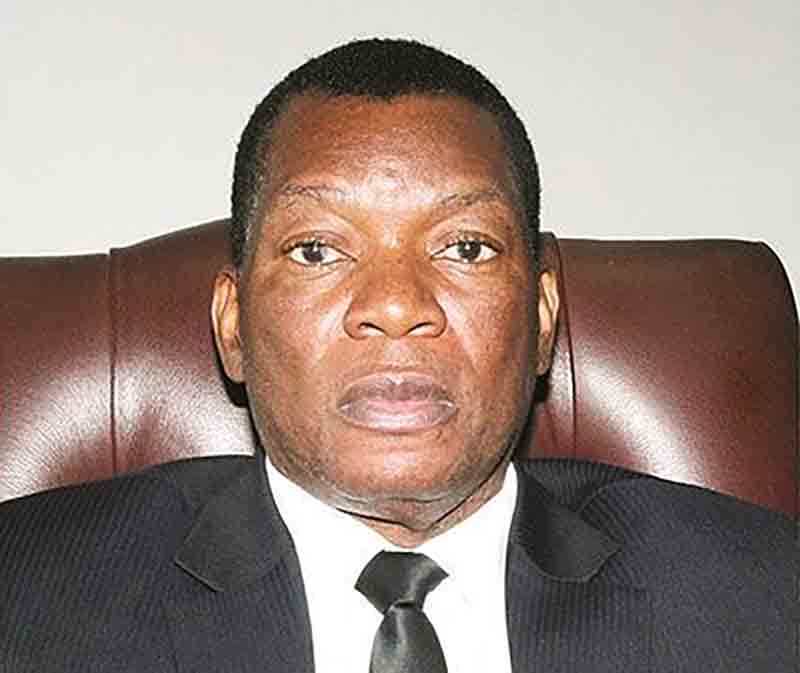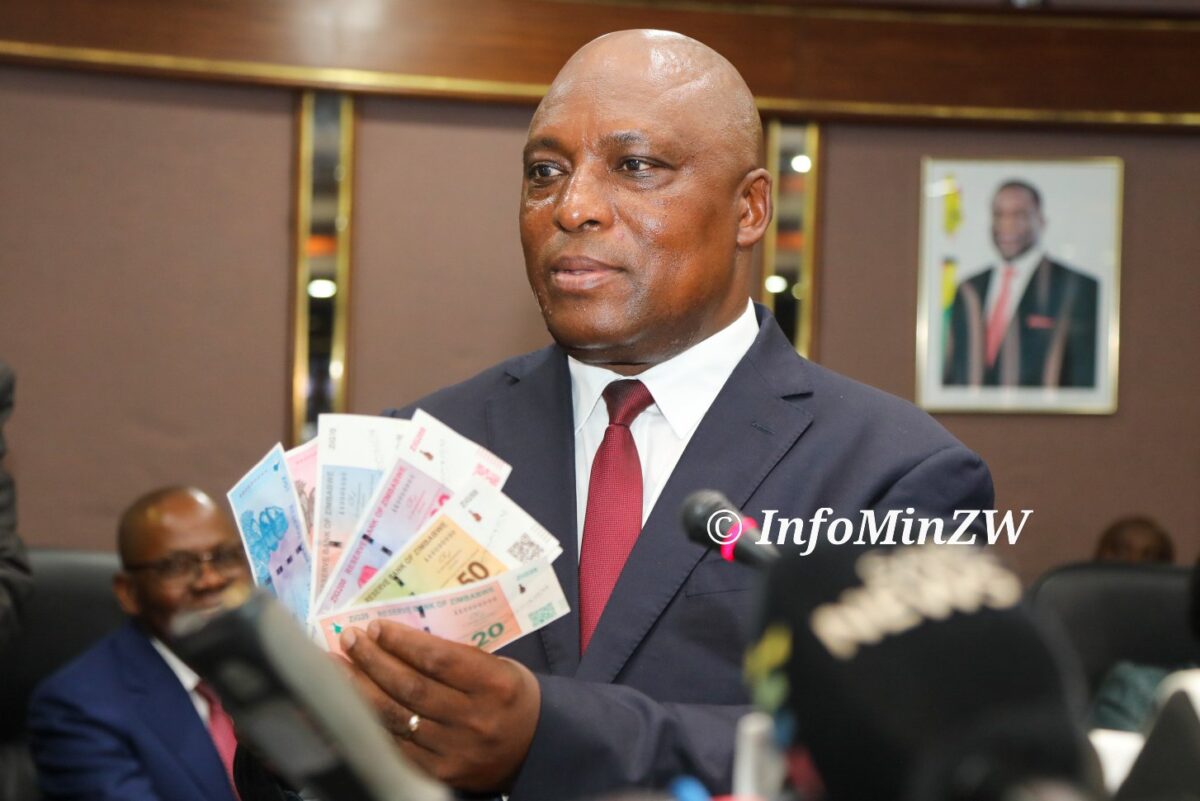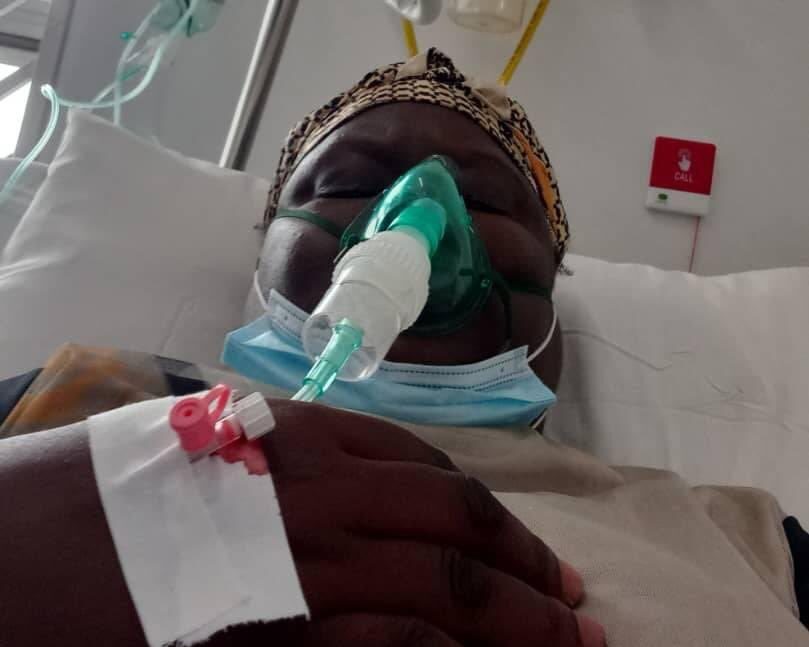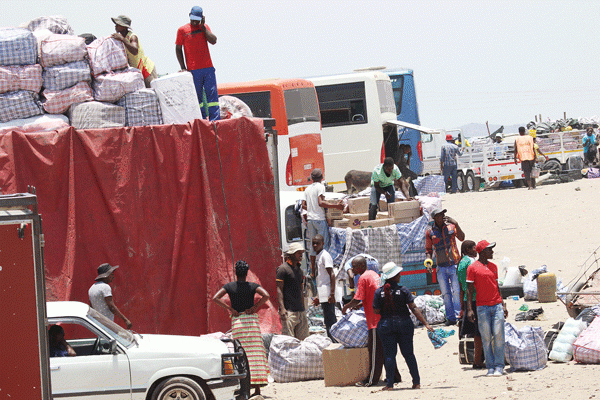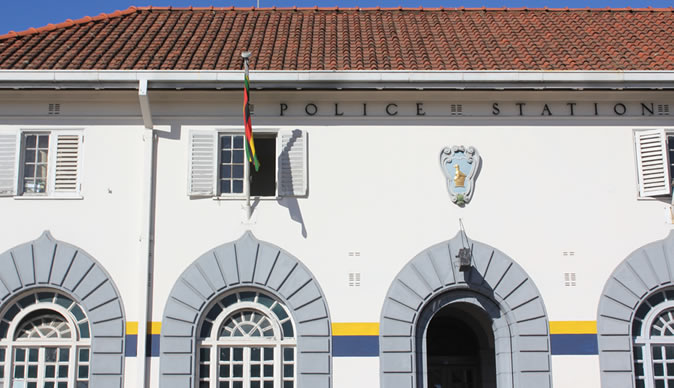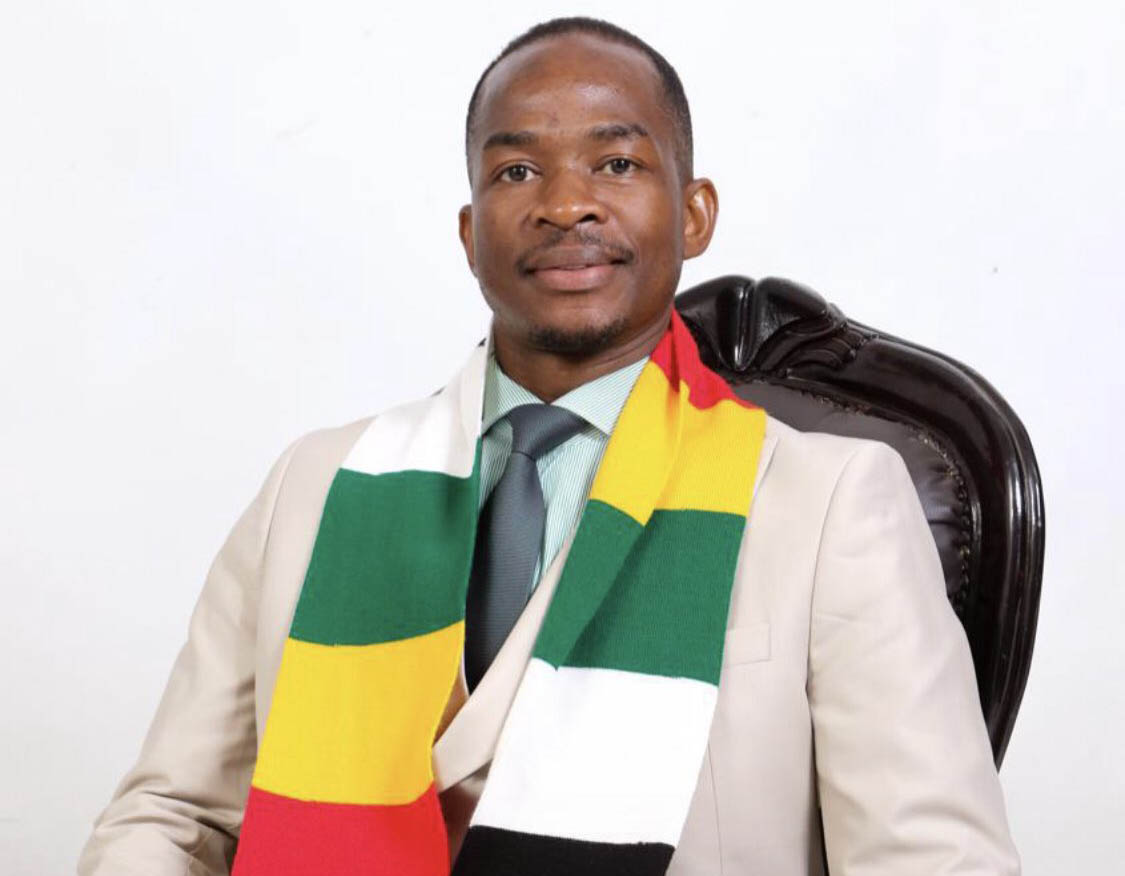HARARE – Deputy Attorney General Kumbirai Hodzi will be sworn-in as Zimbabwe’s new Prosecutor General on Wednesday morning – despite not being on a three-candidate shortlist sent to President Emmerson Mnangagwa by the Judicial Services Commission (JSC).
In interviews for the vacant post on November 1 last year, Hodzi reportedly came sixth with Calvin Tichaona Mantsebo top-ranked.
The JSC had, as required by law, sent three names to Mnangagwa for him to select the next Prosecutor General from – but he appears to have disregarded the list.
Mantsebo, Tinomudaishe Chinyoka and Mischeck Hogwe were the names submitted to Mnangagwa. According to section 259 (3) of the constitution, the Prosecutor General is appointed from the list of candidates recommended by the JSC.
Information Ministry secretary Ndavaningi Mangwana on Tuesday confirmed that Hodzi, who has been Acting Prosecutor General since the forced resignation of Ray Goba, was Mnangagwa’s pick for the top job. He would not discuss the legality of the appointment.
Mantsebo, a former Principal Law Officer in the National Prosecuting Authority, is the director of intelligence, investigations and prosecution at the Anti-Corruption Commission of Sierra Leone.
The Zimbabwe Independent newspaper reported last week that Mnangagwa had “rejected the three front-runners for political reasons” and asked the JSC to submit three new names.
Deputy Prosecutor General Florence Ziyambi, former High Court judge Maphios Cheda, former MDC MP Jessie Majome, the Principal Law Officer in the Justice Ministry Noria Mashumba and Harare lawyers Edmund Marondedze and Wendy Chingeya were among the 10 candidates interviewed by the JSC.
Zimbabwean legal expert Alex Magaisa said Hodzi’s appointment “failed the integrity test”.
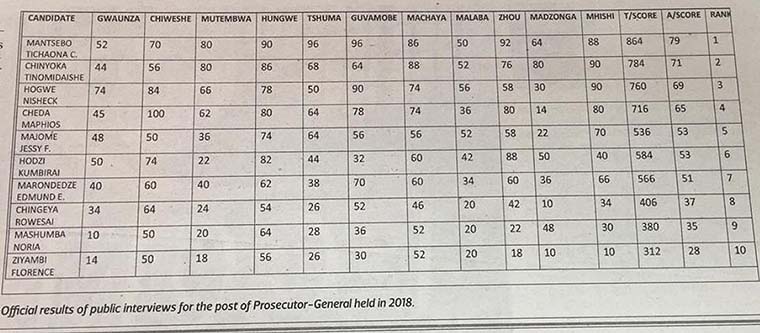
“I have nothing against the chosen one but it doesn’t escape notice that candidates who ranked one to five have been rejected in favour of the candidate who came sixth. When the JSC conducted the interviews the assumption was that the process would be meritocratic and that the panel would be objective while the leader would also place weight on that judgment. Integrity of the process is key. I’m disappointed,” Magaisa said.
“The danger of course is that capable hands will not put their CVs forward when they seen this selection process which has failed the integrity test. Which is a shame.”

